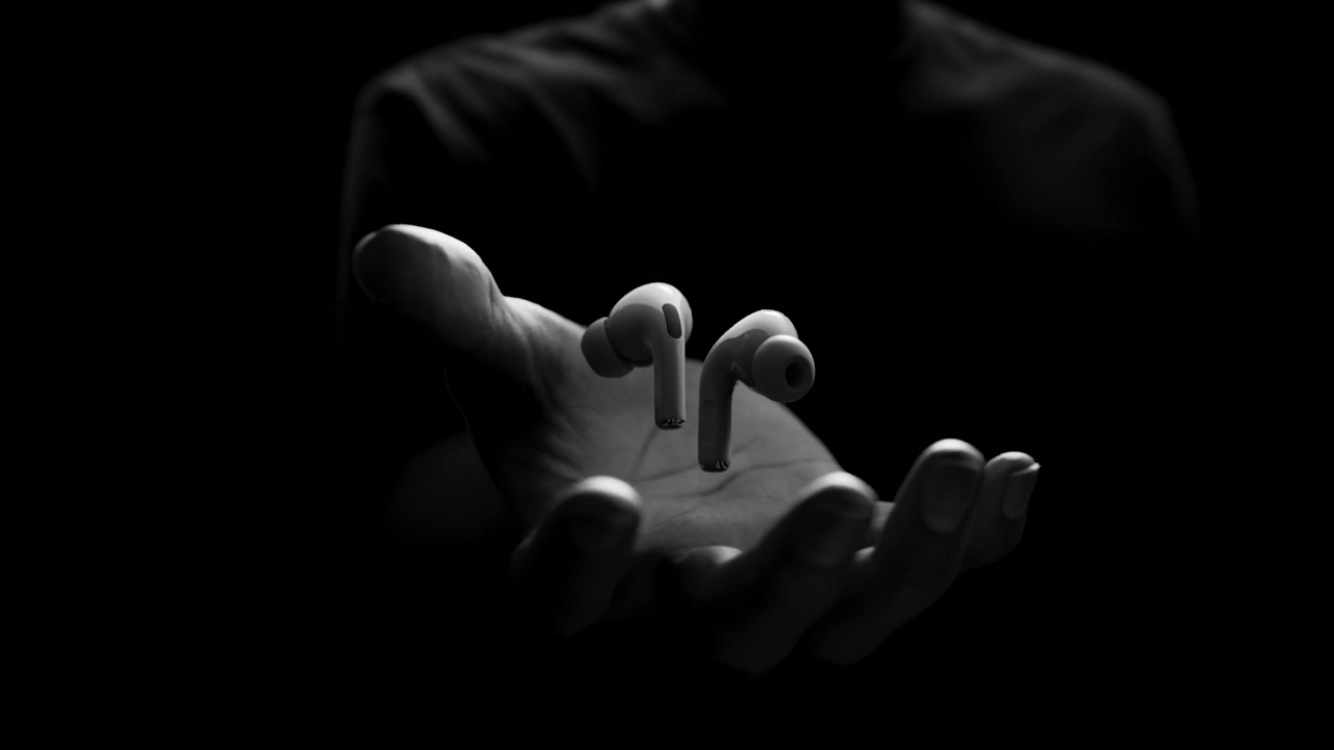AirPods as hearing aids will be great, but there's one big problem Apple didn't talk about
The hearing aid industry is due some disruption, but AirPods Pro aren't real rivals yet

Sign up for breaking news, reviews, opinion, top tech deals, and more.
You are now subscribed
Your newsletter sign-up was successful
You've got to love Apple's announcement that it's going to turn your AirPods Pro into hearing aids. As someone whose iPod and iPhone listening has no doubt done tons of damage to my eardrums over the last few decades, it's funny that Apple is now promising to make some more money by selling me the fix.
But the idea of my 2022-issue AirPods Pro 2 (and probably the AirPods Pro 3 that Apple has yet to unveil) suddenly becoming hearing helpers is genuinely exciting, even if Apple is also overhyping it.
According to Apple, "AirPods Pro 2 provide the world’s first all-in-one hearing health experience including a clinical-grade, over-the-counter Hearing Aid feature". And that's a fair description. The crucial part is that your AirPods Pro are not hearing aids; they are earbuds that have a hearing aid feature.
That's an important distinction because very many people wear their hearing aids all the time, and as a result they need to be long-lasting. Some models can go for the best part of a month between batteries, but even basic models run for days. AirPods Pro, as you know, are good for about six hours before you need to put them back in their case for a recharge. That's a lot of listening to music, but it's a lot shorter than a nine-to-five working day, or a family day out.
Your AirPods aren't a viable hearing aid replacement – yet
I've written before about the AirPods' then-rumored hearing aid upgrades, and I think they're potentially game-changing. Hearing aids are not particularly complicated devices, but they are shockingly expensive devices – especially in the US, where the prices of some models are comically high. But of course, high prices aren't funny when you have a medical need. So the FDA's decision to license over-the-counter hearing aids from 2022 was a massive and very welcome shift. As I wrote earlier this year, "You know a market has been protected for too long when Apple prices look like the budget option."
What we're seeing now is a shot across the bows of the hearing aid industry, which isn't just facing competition from Apple: Sony's already in the market with its $799 self-fitting C10 hearing aids, which are expensive by earbud standards but incredibly cheap for hearing aids. But what Sony's offering is different from what Apple's planning: its hearing aids aren't also earbuds, so they don't have Bluetooth or other battery-sapping features. That means they're good for a claimed 70 hours between battery changes. Big difference, no?
Apple is very good at selling things it hasn't yet delivered, and a lot of yesterday's Apple event was devoted to promises rather than products. AirPods Pro as hearing aids are part of that, I think, in much the same way that the Series 3 Apple Watch introduced sleep tracking to a device whose battery would run out of charge in the middle of the night; six generations later my Series 9 still urges me to charge it before bedtime in order to use the sleep tracking feature. It's a sign of hearing help to come, but it's going to be a while before the tech can fully deliver on its promise.
Sign up for breaking news, reviews, opinion, top tech deals, and more.
You may also like
- Apple's just launched two sets of AirPods 4: here are the differences
- Apple's new AirPods Pro 2 features miss one trick that I loved in these rival earbuds
- Here's our pick of the best AirPods

Contributor
Writer, broadcaster, musician and kitchen gadget obsessive Carrie Marshall has been writing about tech since 1998, contributing sage advice and odd opinions to all kinds of magazines and websites as well as writing more than twenty books. Her latest, a love letter to music titled Small Town Joy, is on sale now. She is the singer in spectacularly obscure Glaswegian rock band Unquiet Mind.